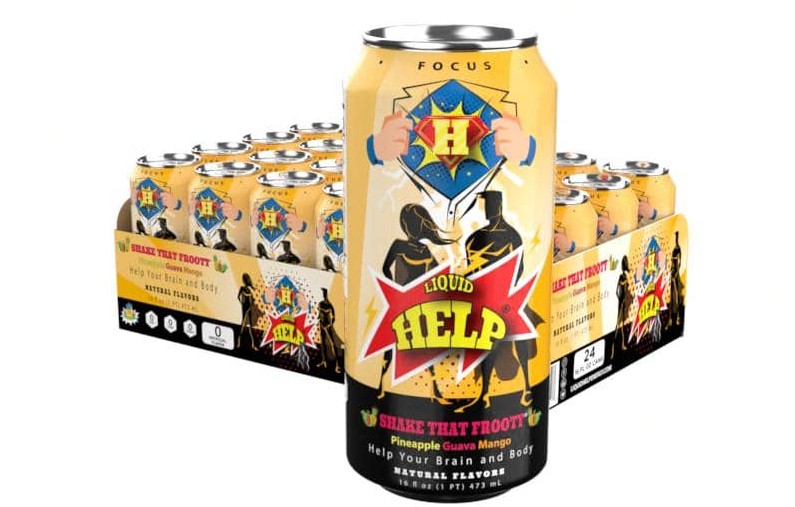Do you know the nutrition facts of energy drinks?

Energy drinks can be canned or bottled beverages that are sold at convenience stores, grocery stores, bars, and nightclubs. You can also buy them online at affordable prices. Do you know the nutritional value and other ingredients found in the best energy drink? Here is the nutrition information for an 8-ounce serving of an energy drink – Calories: 110, Fat: 0 gram, Sodium: 180 milligrams, Carbohydrates: 27 grams, Fiber: 0 gram, Sugars: 27 grams, Protein: 0 gram.
Caffeine in energy drinks
Most energy drinks contain caffeine, nearly 80 mg to 160 mg of caffeine per can. It is about the same caffeine level as a cup brewed coffee, and twice as much as a cup tea. Energy drinks contain caffeine in large quantities. These beverages contain large amounts of sugar and other ingredients, such as amino acids, B vitamins, and amino acids. You feel charged.
Many energy drinks have several times the amount. It is not always possible to determine how much caffeine is in an energy drink because it is not always listed on the label. The problem with energy drinks is that they can be consumed quickly by most people. People who are sensitive to caffeine may experience anxiety, palpitations and irritability, as well as difficulty sleeping and indigestion. Because caffeine is a stimulant, people with heart disease should limit their intake.
Energy drinks should not be mixed with alcohol
Energy drinks and vodka have become popular mixed drinks at bars due to their reputation for decreasing the depressant effects alcohol. It can reduce fatigue and increase the good feeling. Although people might not feel impaired, they still have a high blood alcohol concentration. As a result, people may consume more alcohol. Energy drinks can also be dehydrating because caffeine is dehydrating. It may affect the body’s ability metabolize alcohol. An experiment compared the effects on alcohol and a combination of alcohol and energy drinks. Researchers discovered that an alcohol plus energy drink increased subjective symptoms like headache, weakness, and impaired motor coordination.
The bottom line
Although energy drinks seem innocent because they are so common, the ingredients can quickly add-up and increase the risk for toxicity if consumed in large quantities. If you are considering drinking energy drinks regularly, it is a good idea that you speak to your healthcare provider to discuss the possible benefits and risks. It is especially true if you have a medical condition, or take medications or supplements.







